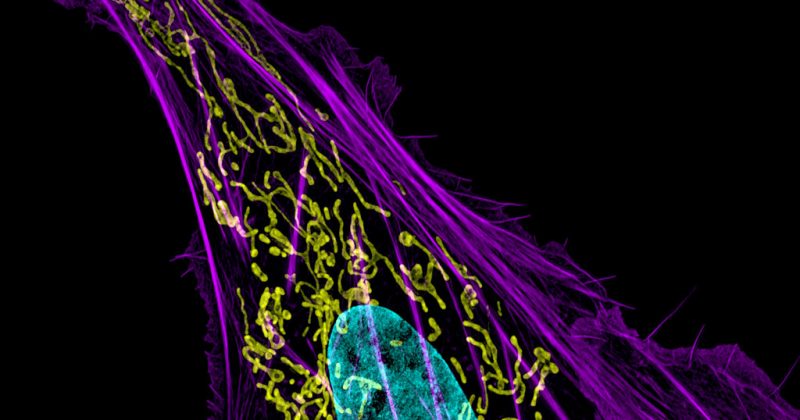A review published on April 5th raises concerns about the modification of mRNA in COVID-19 vaccines and its potential contribution to immune suppression and cancer development. The modification, known as N1-methyl-pseudouridine (m1-psi), is used to prevent degradation of mRNA by the immune system when injected. Researchers argue that this modification may reduce immune responses and promote cancer in susceptible individuals.
The review highlights that modified RNA stimulates different responses in the body compared to natural RNA. Modified RNA tends to produce more aberrant proteins, potentially contributing to cell genome instability. It also induces a milder immune response and is associated with immune chemicals that promote tolerance of foreign RNA injections. In contrast, natural RNA stimulates the activity of key anti-tumor substances and other immune chemicals.
The review authors cite a study in mice with melanoma as evidence. When injected with natural RNA, the mice had a more robust immune response and a higher survival rate compared to those injected with modified RNA. The study suggests that complete mRNA modification reduced survival in recipients.
However, the senior author of the mentioned study in mice argues that their results were taken out of context and that modified mRNA does not promote tumor formation. The review authors clarify that they do not suggest that modified RNA causes cancer but rather that its effects may create an environment conducive to cancer development.
The review authors suggest reducing the percentage of modified RNA in future mRNA therapeutics. They emphasize that they do not discourage the use of mRNA injections in cancer treatment, as natural RNA has shown positive effects on tumor growth, immune responses, and survival.
Overall, the review highlights the potential implications of using modified mRNA vaccines on cancer progression and metastasis. It calls for further investigation and thoughtful consideration when integrating modified mRNA for therapeutic use.
In conclusion, while the review raises concerns about the modification of mRNA in COVID-19 vaccines and its potential impact on cancer development, it is important to note that the scientific community has differing opinions on this matter. Further research is needed to fully understand the effects of mRNA modification and its implications for cancer and immune responses.

